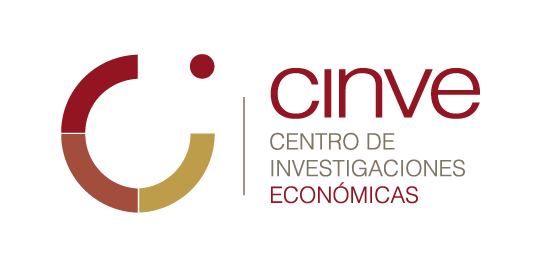Abstract
This paper analyses the tourism-led growth hypothesis for the four countries of the MERCOSUR regional trade block. By applying nonlinear techniques, we explore whether tourism activity leads – in the long run – to economic growth, or, alternatively, economic expansion drives tourism growth, or indeed a bidirectional relationship exists between the two variables. To this end, non-parametric cointegration and causality tests are applied to quarterly data for the period 1990–2011. We show the existence of a cointegrated relationship between real per capita gross domestic product and tourism expenditure for all countries. Moreover, the linearity of this relation is rejected for both Argentina and Brazil (economies with a relatively diversified structure). The non-parametric causality tests confirm in all cases the causality from tourism to growth. Meanwhile, only for Uruguay and Argentina causality also goes in the inverse direction (from growth to tourism). Finally, the paper compares the results of the nonlinear approach with those obtained by using the traditional linear methodology
http://www.tandfonline.com/eprint/qsFfgza93PYM525rFD9d/full#.UlRVBFBOIns
